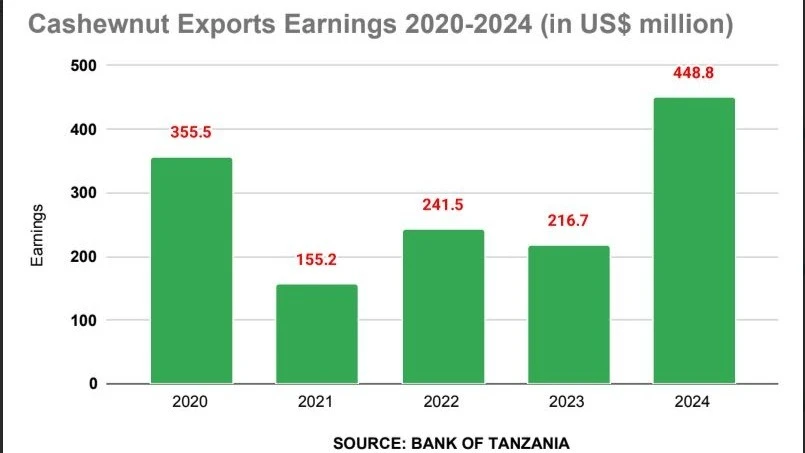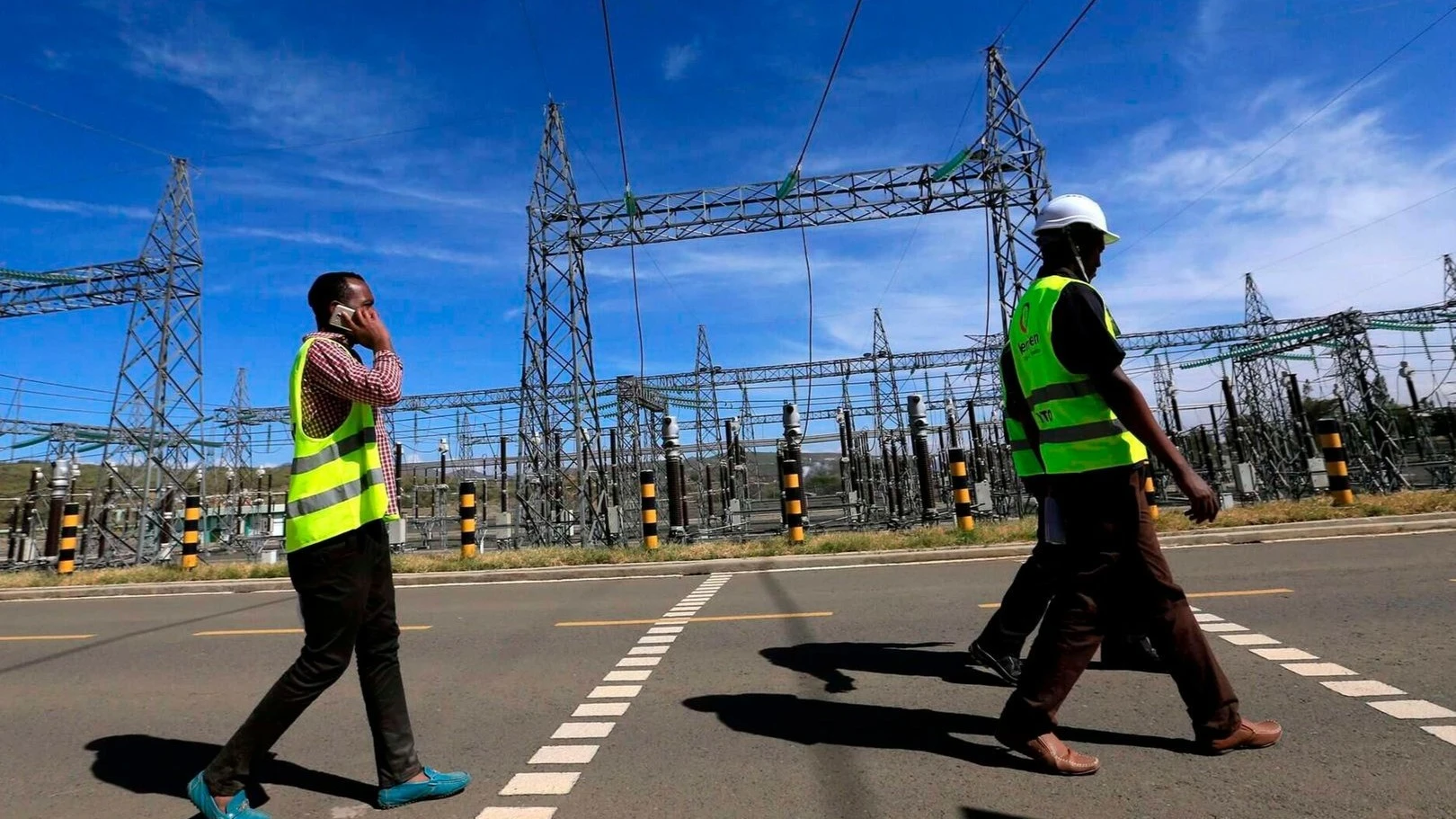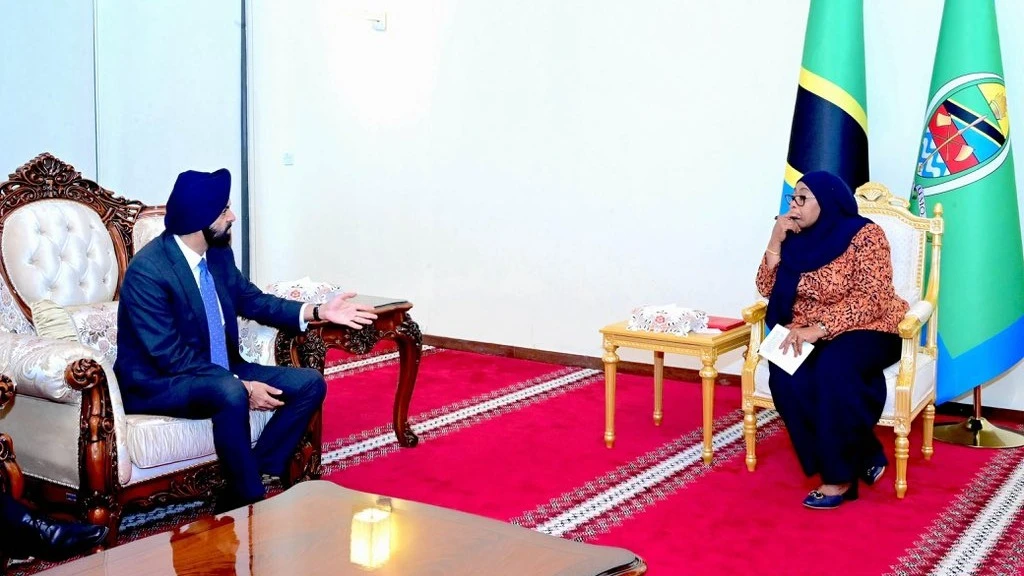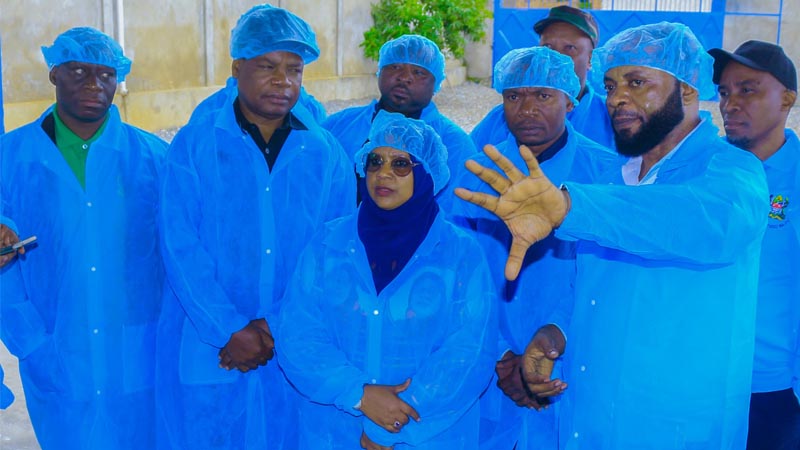High vegetable, fruits production in Zanzibar cuts imports to 20pct
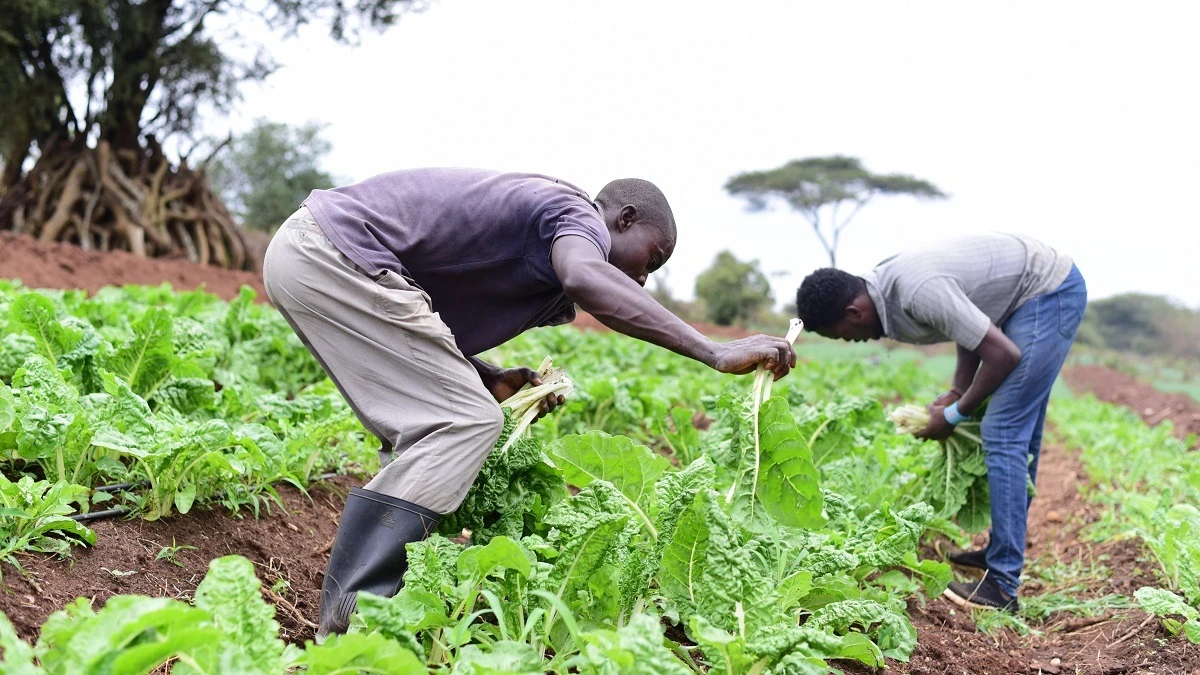
PRODUCTION of vegetables and fruits in Zanzibar has significantly increased, reducing dependence on imports from Tanzania mainland from 80 to 20 percent.
This transformation in agriculture has been driven by farmers in the archipelago adopting advanced farming technologies through the KUZA project, implemented by the Tanzania Horticultural Association (TAHA) and the Agri-Connect Programme, funded by the European Union.
In interviews, several farmers from villages in Zanzibar’s Unguja South Region highlighted the economic changes brought about by the project. Kashinje Mlekwa, a farmer from Umbuji Village in Central District, explained that after receiving training from TAHA, they moved away from low-yield traditional farming methods, which led to a significant increase in production.
"In the past, our farming wasn’t productive because we lacked proper knowledge, and our yields were low. However, after receiving modern farming training from TAHA, our production has increased, and we now receive weekly visits from their extension officers for further guidance," Mlekwa said. He added that the increased production has improved his economic status, allowing him to build a modern house and send his children to school.
Another farmer, Selemani Nasoro Selemani, expressed gratitude for the KUZA project’s connection with TAHA, which increased vegetable and fruit production and created a larger local market for their products. Before the project, they farmed without knowledge, and production was small. Now, with modern farming education, production has increased, and they no longer rely on mainland farmers.
Mariam Issa Hamisi, a member of the Kimbojo Farmers Group from Unguja, noted that before joining the TAHA project, she practiced traditional farming by scattering seeds, which led to financial losses due to the death of seedlings. However, after receiving training on modern techniques, including planting seedlings in nurseries and sterilizing the soil to eliminate pests, she experienced less loss and increased her production, especially in tomatoes and onions. Previously, she harvested 50 baskets per season, but now she harvests over 200 baskets, improving her economic situation.
Carolyne Mlewa, KUZA Project Coordinator, explained that the project has helped reduce dependency on imports and strengthened the vegetable and fruit value chain by focusing on production and reducing post-harvest losses. The project, which reached 6,000 farmers, reduced food losses from 50 to 20 percent by improving preservation techniques, thereby increasing farmers' income.
Alex Allen, Project Development and Business Officer, noted that although the project has ended, it has had a positive impact by achieving the goals of economically uplifting the people of Zanzibar and improving nutrition. The project reached 66 wards in Unguja and Pemba and strengthened the agricultural value chain.
Elisha Mwinyisori, a TAHA Agriculture Officer, highlighted that the KUZA project, in partnership with Agri-Connect, promoted modern vegetable and fruit farming techniques over four years. This increased the use of modern farming techniques from 30 to 70 percent, and production from 30 to 50 percent, thereby reducing the need for imports from the mainland.
Additionally, Mwinyisori mentioned that more than 6,000 farmers are now using proper pesticide practices, ensuring food safety and quality. The project also increased the participation of women and youth in vegetable and fruit farming to 25 percent, further improving income levels.
Top Headlines
© 2025 IPPMEDIA.COM. ALL RIGHTS RESERVED












